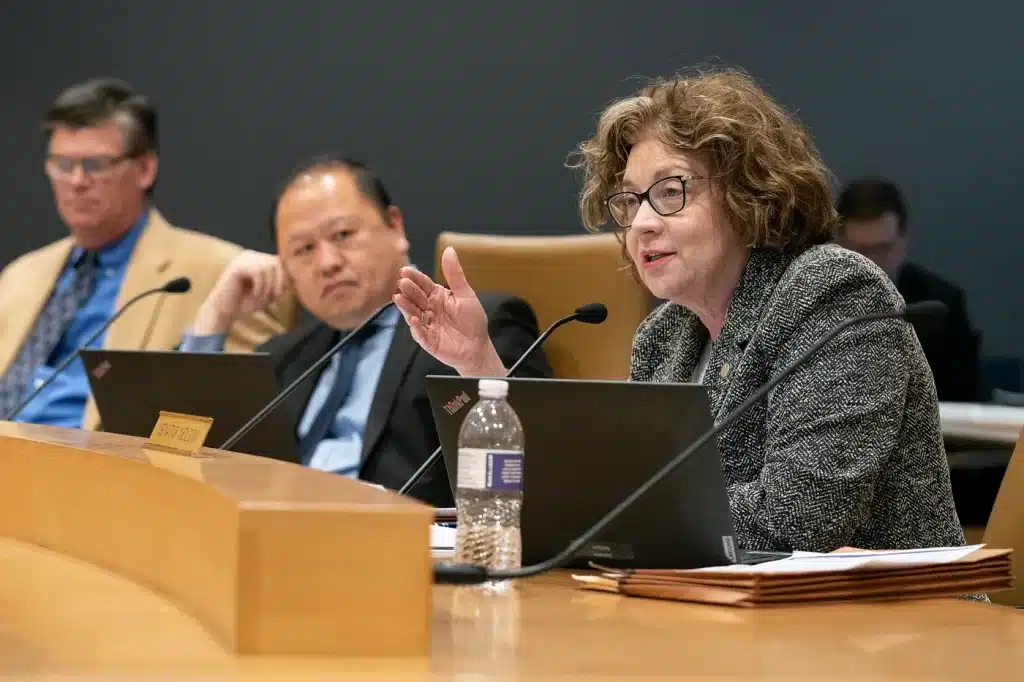Minnesota State Sen. Carla Nelson (R-Rochester) says a conference committee of House and Senate negotiators on education financing legislation will maintain funding and eligibility for Rochester's groundbreaking P-TECH program. I commend them for adopting the amendments they supported.
Sen. Nelson was harshly critical of a provision authored by Sen. Liz Boldon (DFL-Rochester) earlier in the session. Phasing out funding for Rochester P-TECH.senator nelson proposed an amendment to restore Rochester's status. During a recent floor discussion.
“As the author of the bill that funded Minnesota P-TECH, I could not stand by and watch the recent P-TECH bill attempt to completely undermine the foundation of the program.” Senator Nelson said:. “Rochester P-TECH has provided an unparalleled STEM education and career path. We should never consider jeopardizing this well-known and successful career education program. We are making important course corrections that support our commitment to an innovative P-TECH model. I am pleased that Senators Boldon and Kunesh listened to the public's input and my advice. I applaud both of you who helped get this amendment passed by the conference committee.”
The conference committee's amendment would remove a previously proposed two-year cap on state grants that would have made Rochester ineligible for P-TECH funding after 2025. In addition, $791,000 was allocated to Rochester alone in fiscal year 2025, and $791,000 will be allocated annually starting in fiscal year 2026. $500,000 will be allocated to maintain the program in Rochester, and the remainder will be allocated to new site startup and instructional grants.
“P-TECH has been and must continue to be a program that transcends partisan grudges.” Senator Nelson said:. “We look forward to seeing this model continue its mission to empower future leaders.”
The P-TECH model is a public-private partnership that prepares students for highly skilled jobs in specific growth industries. We provide a rigorous, relevant, and affordable education for students in grades 9 through 14, with an emphasis on STEM (Science, Technology, Engineering, and Mathematics) careers. Students also benefit from on-the-job learning opportunities such as mentorship from industry experts, workplace visits, speakers, and internships, as well as intensive, personalized academic support from secondary and post-secondary faculty. Masu.


